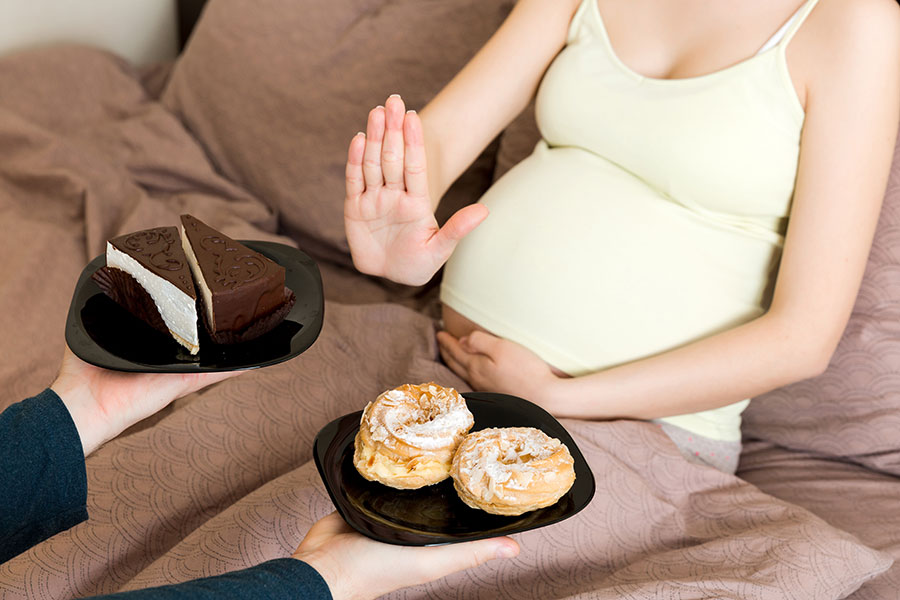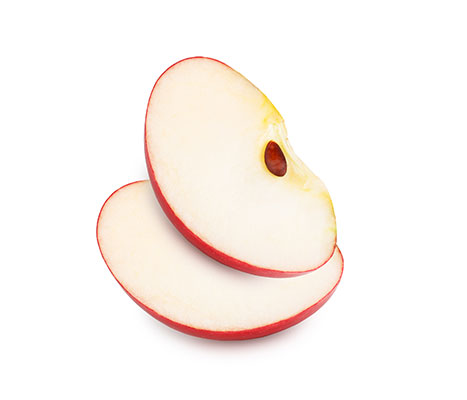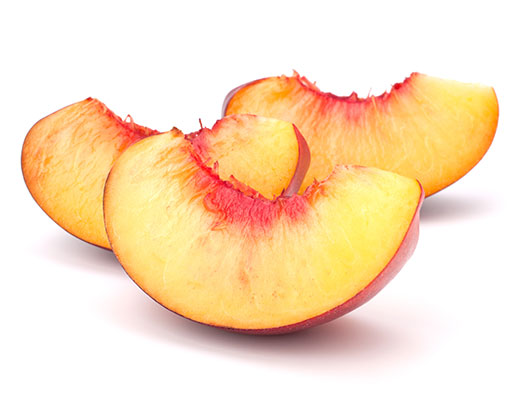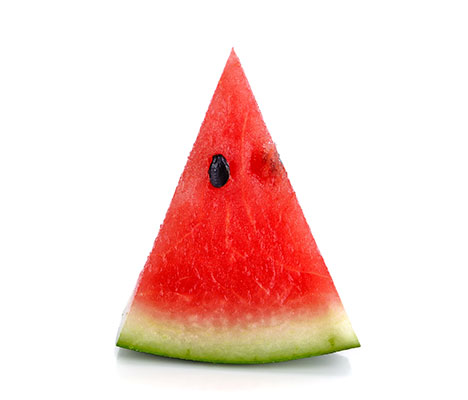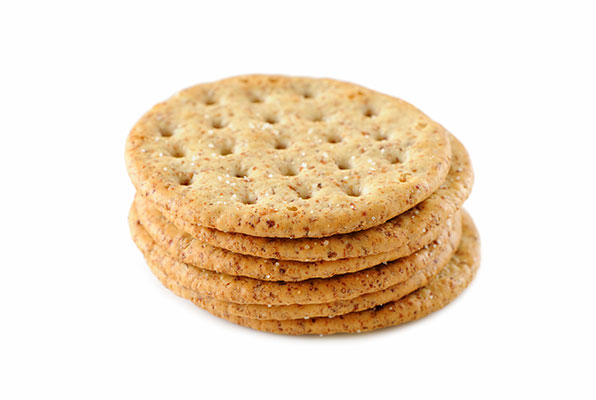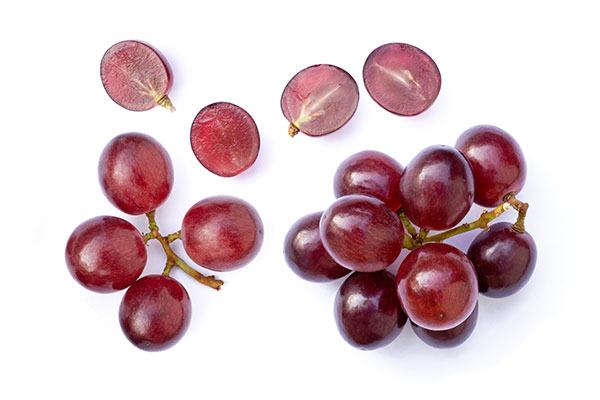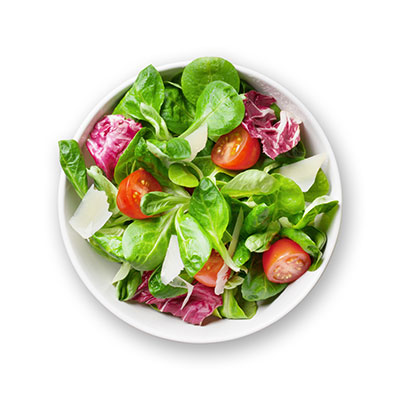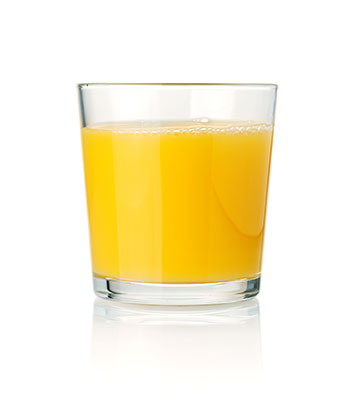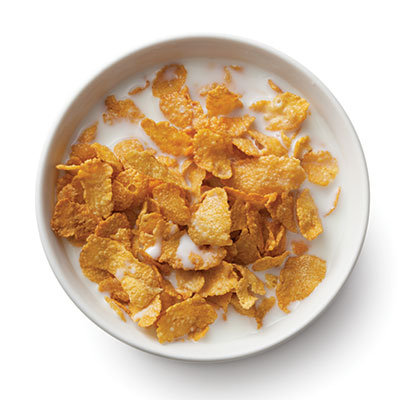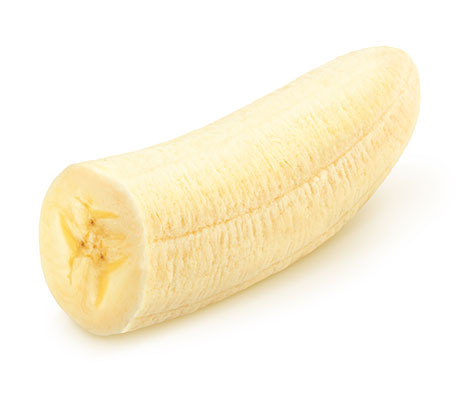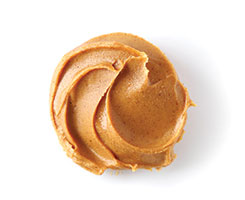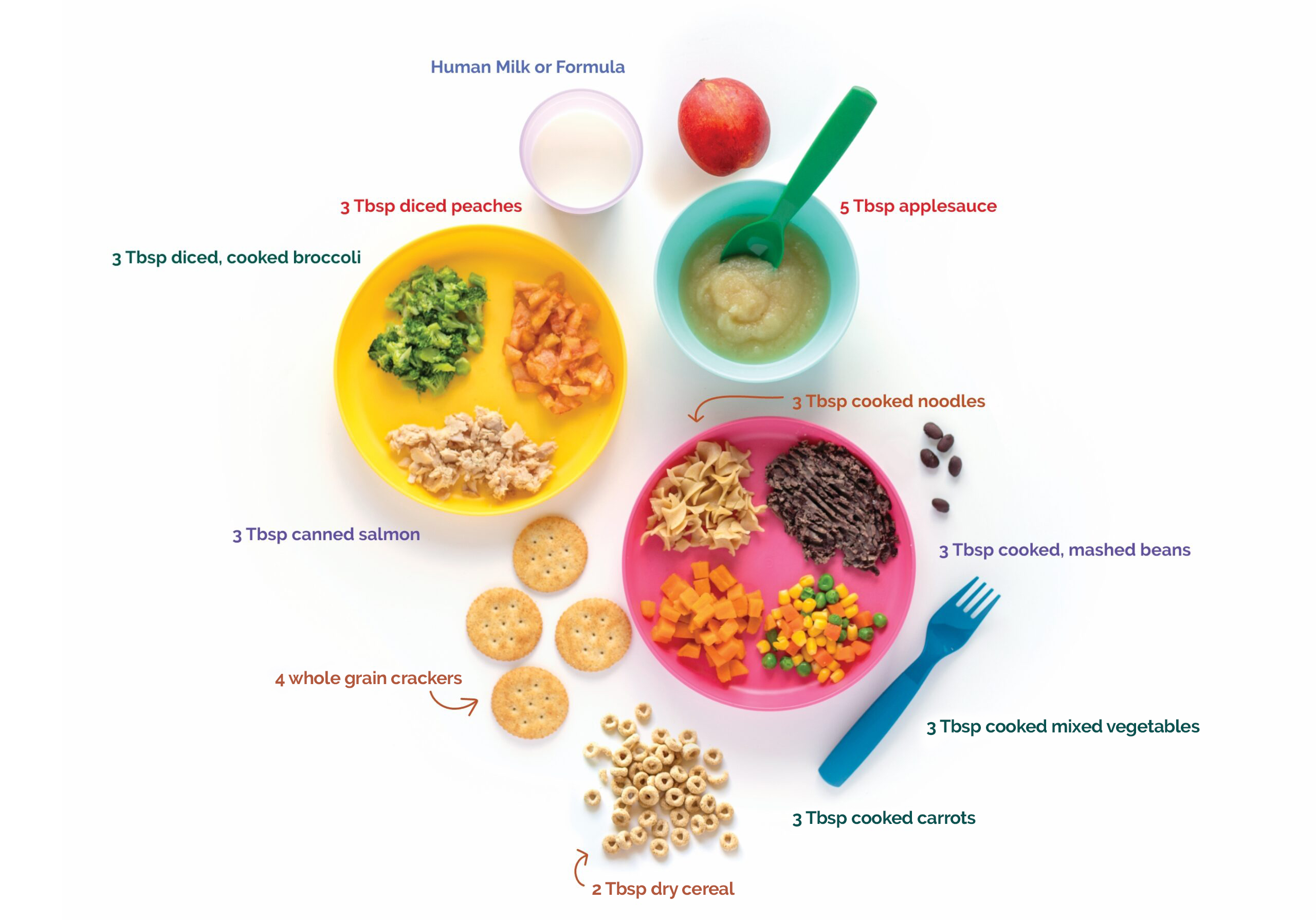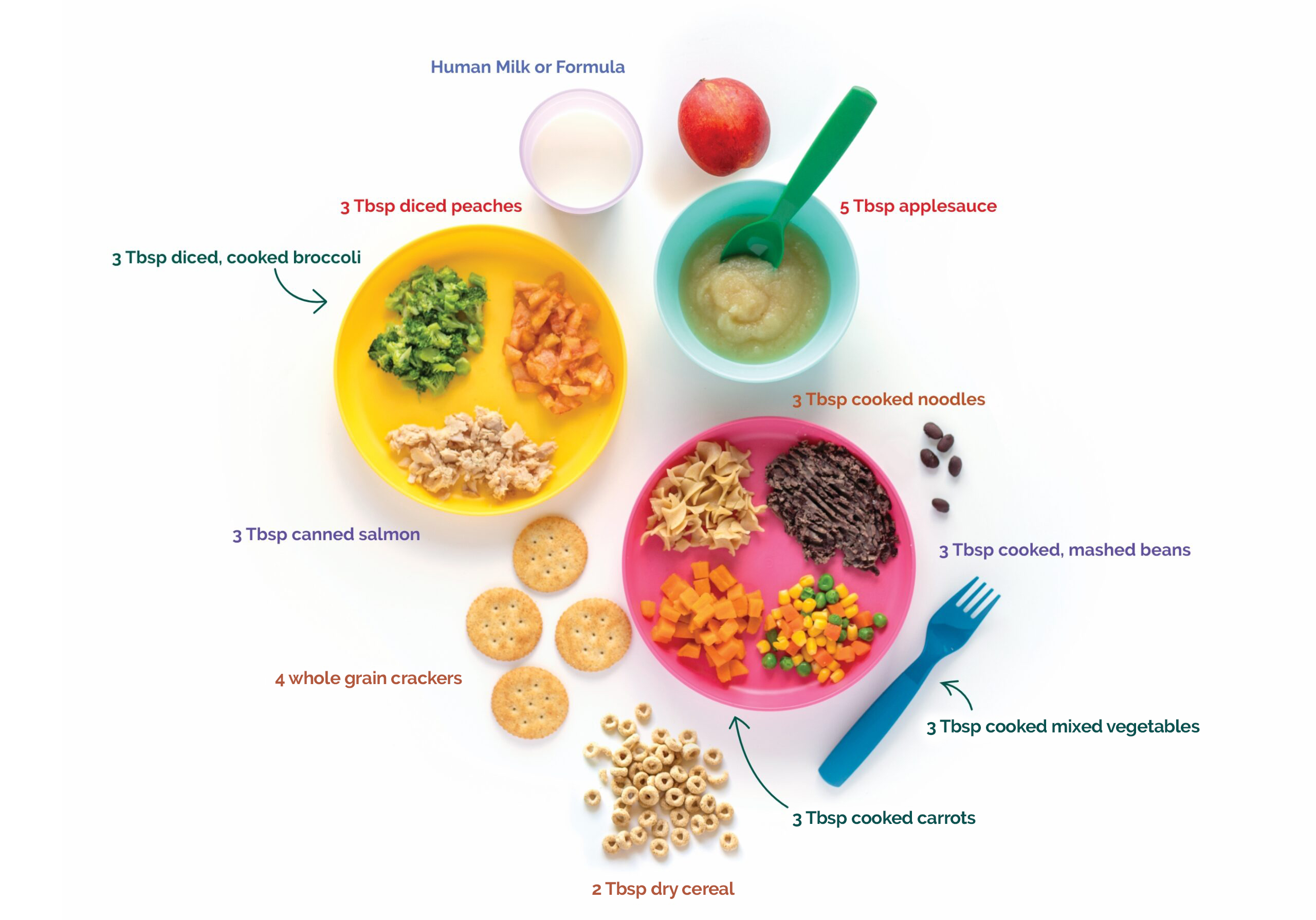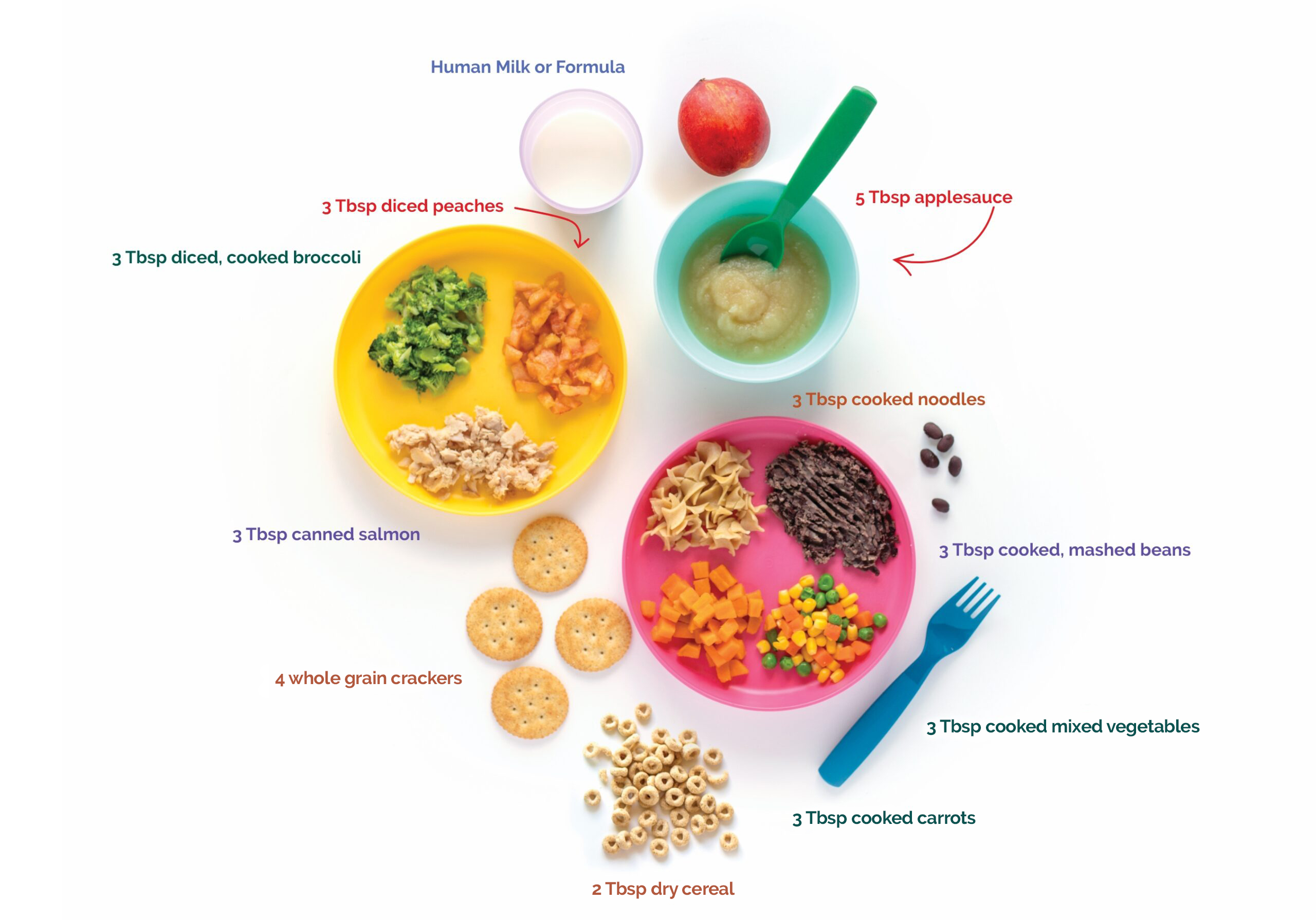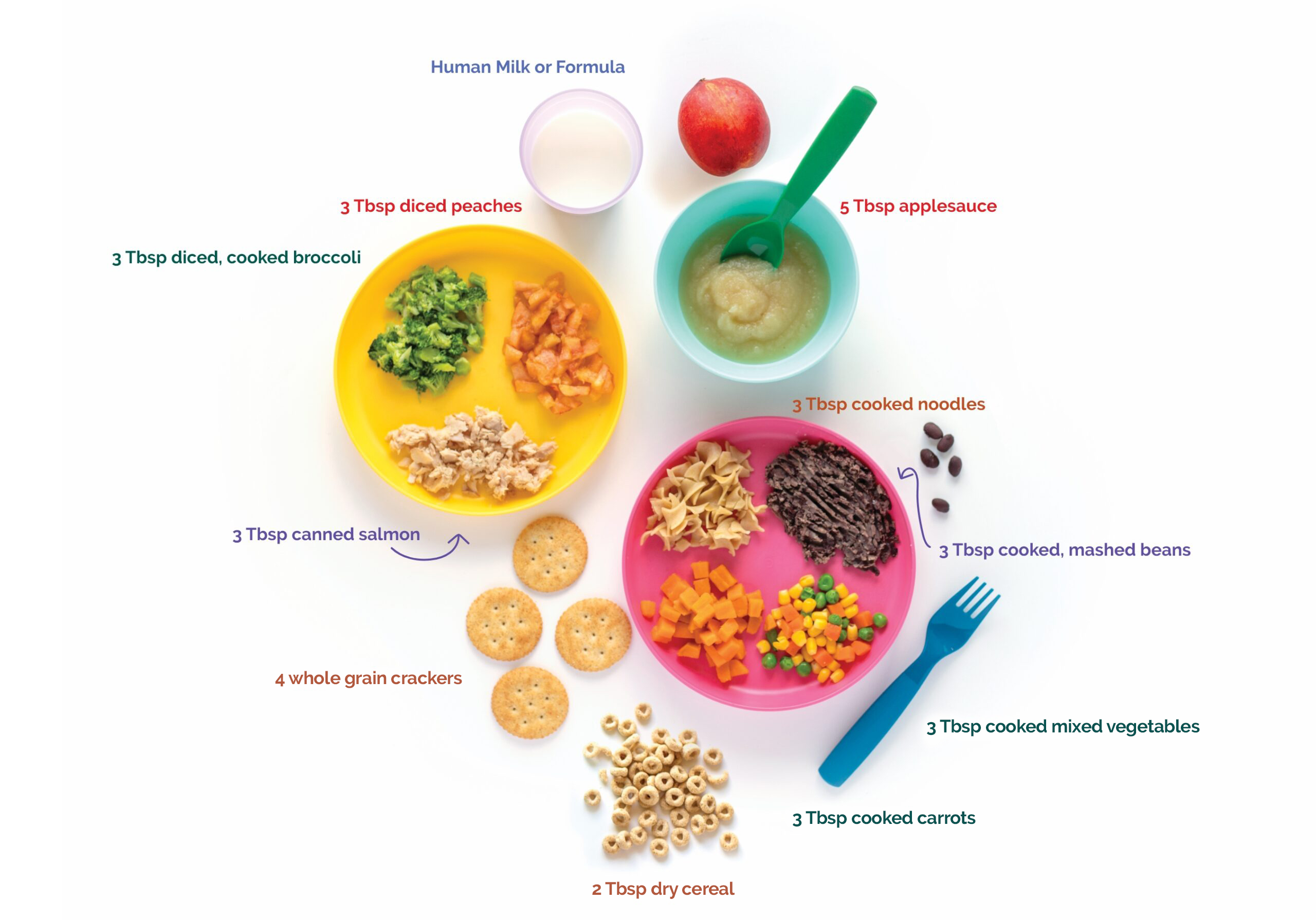Destiny was surprised that she was doing a lot of things to make her heartburn worse. Once she changed her diet and other habits, that burning sensation was mostly a thing of the past!
What Causes Heartburn?
Hormones. Like other changes your body goes through during pregnancy, this one can also be blamed on hormones. Hormones cause the muscle between your stomach and your esophagus to relax. (The esophagus is the tube that connects your stomach to your throat.) If the muscle relaxes when it shouldn’t, stomach acid can creep up into the esophagus and throat, which causes a strong burning feeling.
A growing baby. As babies grow during pregnancy, they push up on the stomach, pushing the stomach towards the esophagus.
Too much in the stomach. Eating or drinking too much at a time can cause the stomach to “overflow” and stomach acid to “back up”.
What Causes Heartburn?





